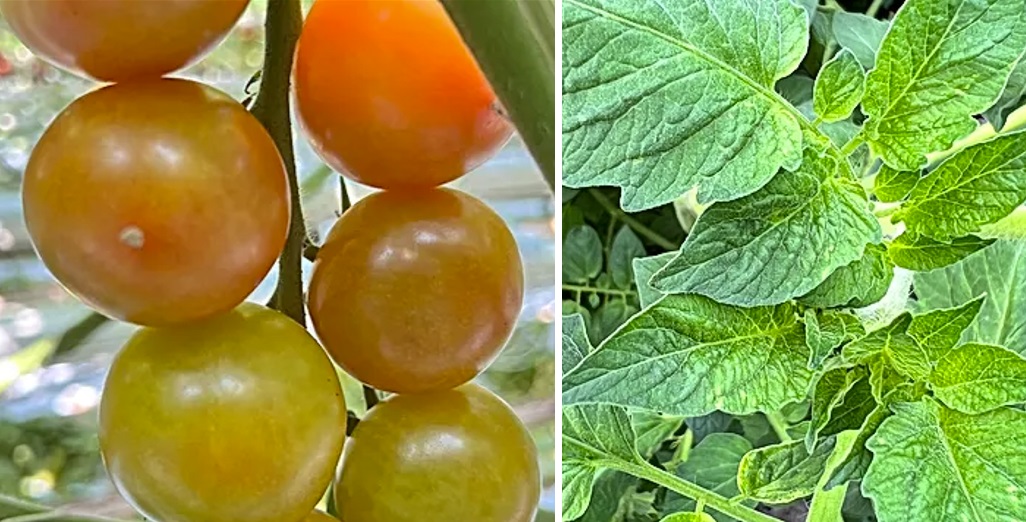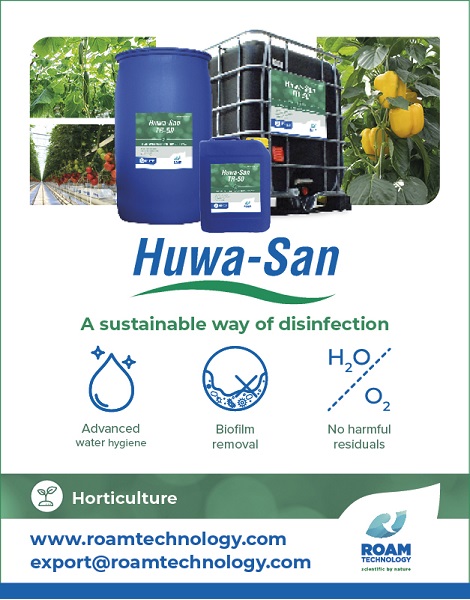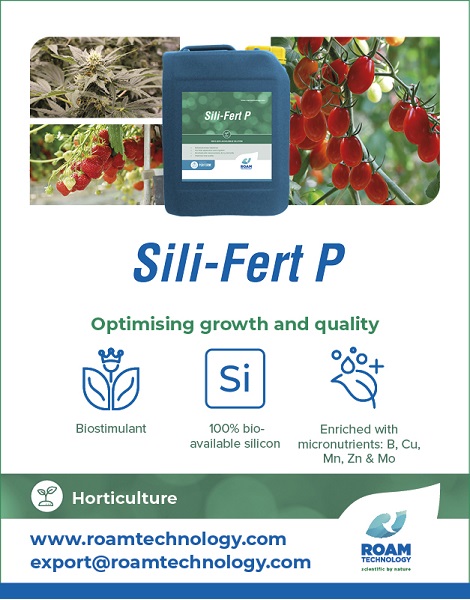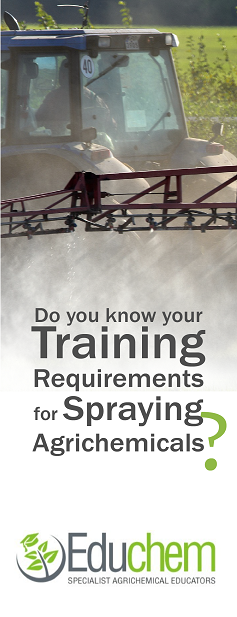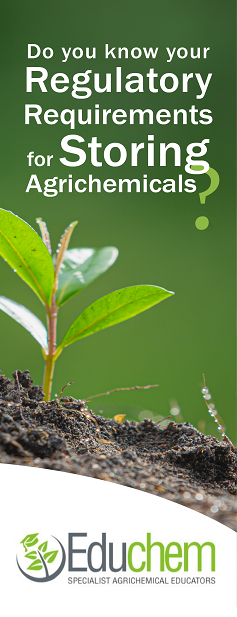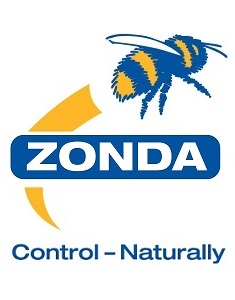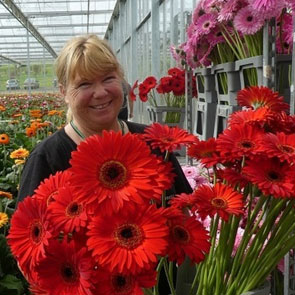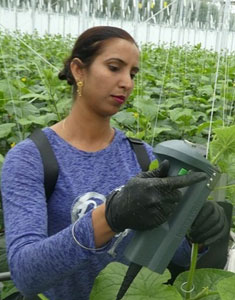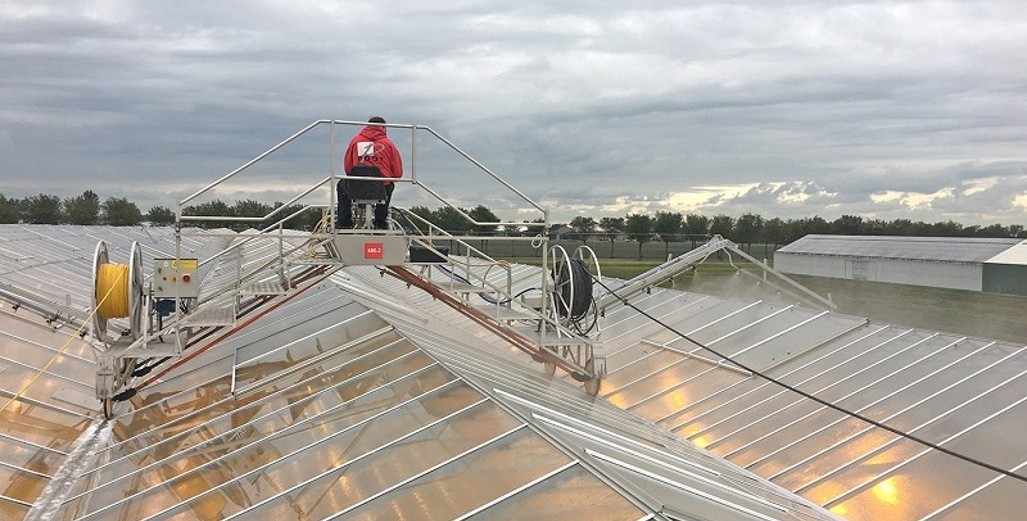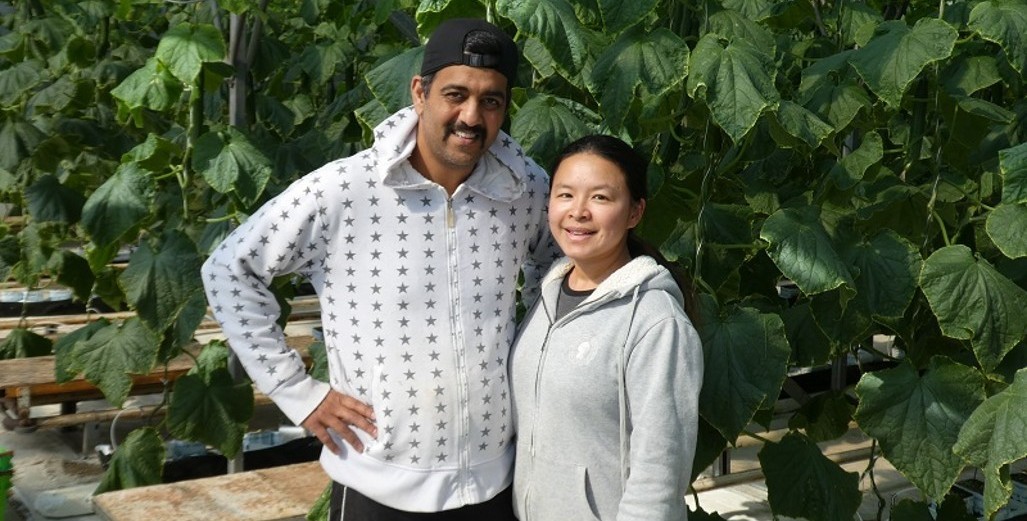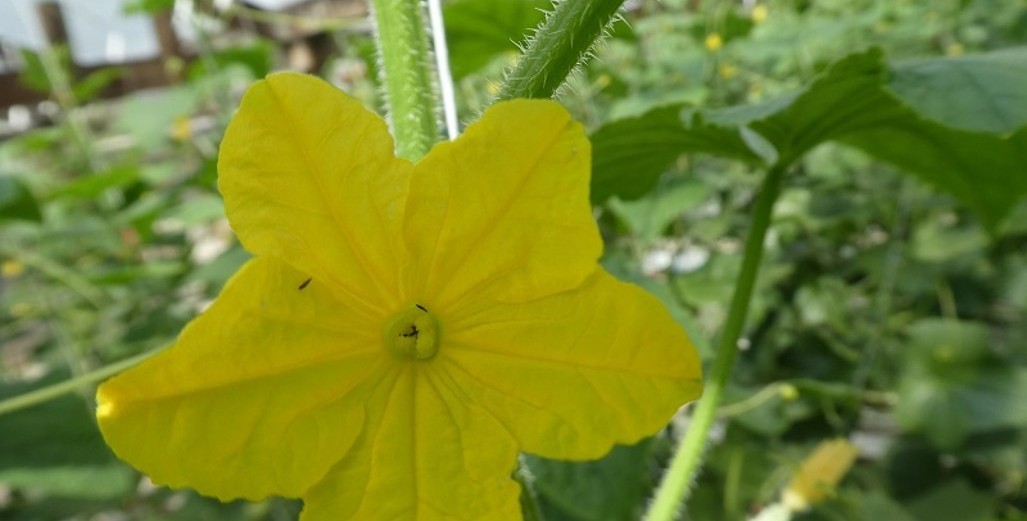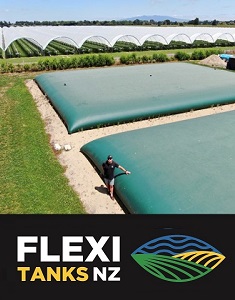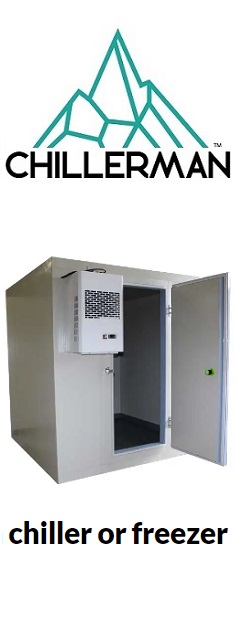Sign up here to subscribe to the Grower2grower Ezine. Every two weeks you will receive new articles, specific to the protected cropping industry, informing you of industry news and events straight to your inbox.
Mar 2022
Hygiene reiterated as important in restricting ToBRFV
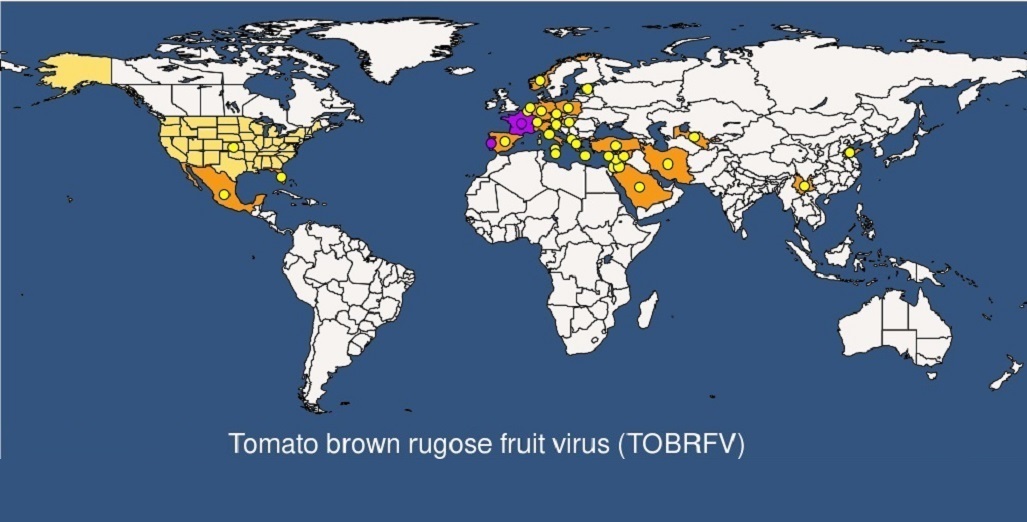
International meeting confirms what steps are required to be taken to prevent spread.
I am fortunate to be invited to join various grower meetings around the world. Last week I participated in an international meeting discussing Tomato Brown Rugose Fruit Virus (ToBRFV).
The discussion confirmed if New Zealand or Australia become infected with ToBRFV it will have a terrible impact on the crop yield. Currently we are unsure how the Pepino Mosaic Virus (PepMV), detected in New Zealand early last year, has spread and what impact it may have on production and quality during the forthcoming winter.
So far smaller growers, from observation, have been less impacted by the spread of the virus, especially in the ‘hot spots’ of South Auckland and North Waikato. However, with crate shortages, over the summer, and rapid turnaround of crates it may be inevitable that spread has occurred. Add to that the other time pressures on businesses at present the key step to make sure crates have been washed and sanitised needs to be a priority. Despite crate suppliers washing them it is still the grower’s responsibility to ensure it has been done.
I am aware how transmissible PepMV is and take precautions not to spread it myself. It was raised in the discussion last week that ToBRFV could be transmitted by insects, including bumble bees, not just by people. Once established within your crop it will be difficult to restrict the spread. The key advice I took away from the meeting was to thoroughly sanitise at the end of the crop cycle. Two products were recommended, Huwa-San TR-50 and Virkon were used as part of the disinfection of the greenhouse. If you do discover it early within a crop, consider a short crop or extreme measures to restrict staff movement. An option is to install temporary plastic partitions within your infected areas.
Seed representatives and international consultants, on the call, accepted the spread of ToBRFV may have happened due to seed contamination. The good news is that screening, conducted by the large commercial distributors, gives piece of mind that every precaution is and has been taken to supply ‘clean’ seed. It is important for NZ and Australia that imported seed has been tested not just for PemMV but ToBRFV as well. This level of certification/testing is our best line of defence for any future incursion. With the NZ borders about to reopen it is also especially important that any workers, consultants, equipment (second hand or building equipment) be treated as a serious potential threat to harbouring either virus. This is going to be hard to enforce so the responsibility will be on the growers, or businesses related to using such services and goods.
The good news is that the large seed companies are working on varieties with high resistance, and these will hopefully be commercially available soon. Until then it is the personal responsibility of every grower to maintain hygiene levels and protocols on their own properties.
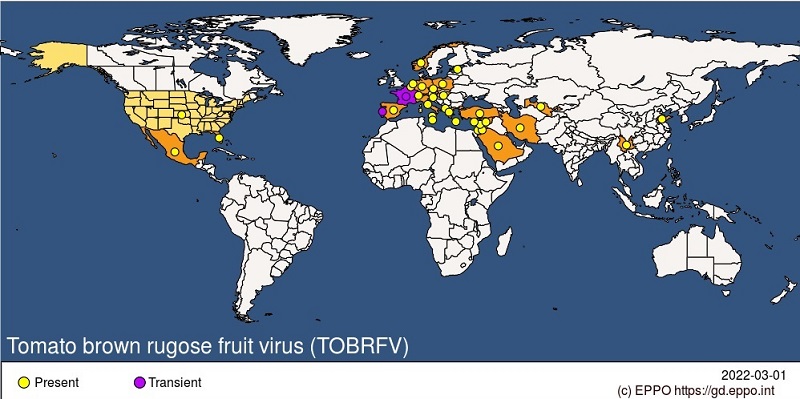
Countries highlighted with yellow dots have confirmed infections.
Image Source: Tomato brown rugose fruit virus (TOBRFV)[World distribution]| EPPO Global Database
Article written and compiled by Stefan Vogrincic
All Article’s checked and edited by Marie Vogrincic
I appreciate your comments. Please feel free to comment on the grower2grower Facebook page:
https://www.facebook.com/StefanGrower2grower/
CLASSIFIED
Photo
Gallery
Subscribe to our E-Zine
More
From This Category
Vegetables by Bayer – ToBRFV Knowledge Centre
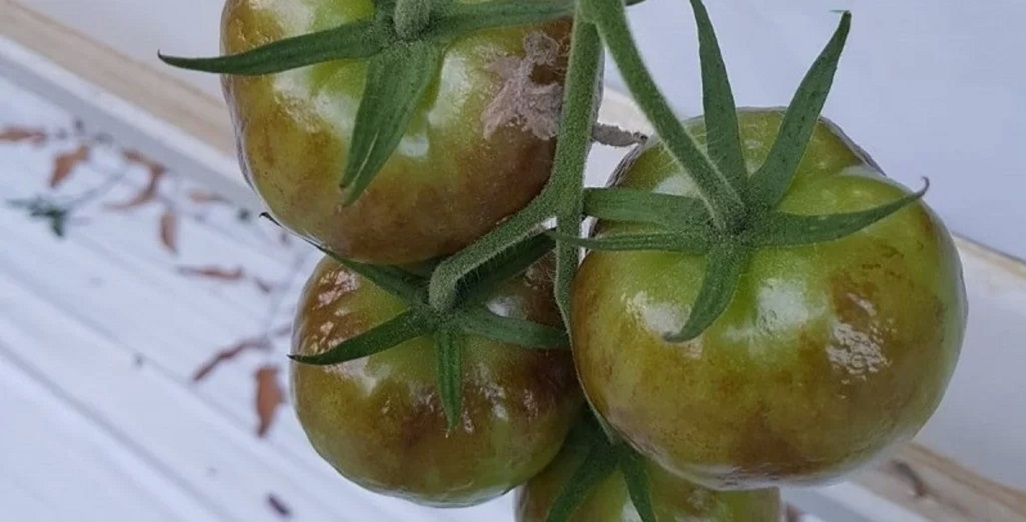
MPI – decision to temporarily suspend all Imported Australian fresh Tomatoes the correct one.
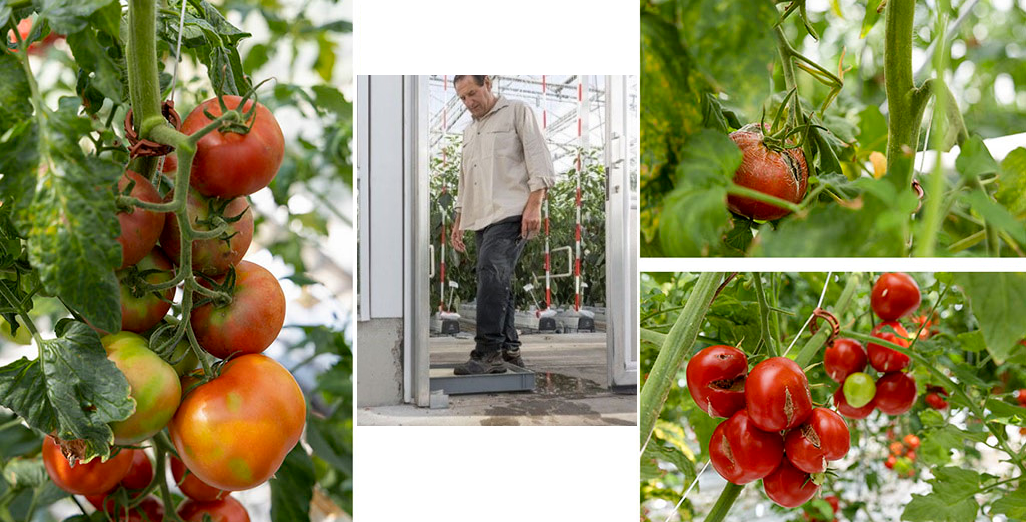
Tomato Brown Rugose Fruit Virus (ToBRFV) confirmed in Australia – what we need to know
Jasper Verhoeven – Best Hygiene Practices for Greenhouses, A Dutch perspective

We have news. Reelenz has new owners.
